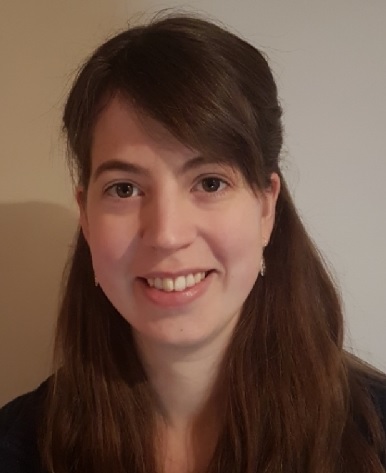With NHS staff looking set to lose free parking, Jennifer Darlow argues that the reintroduction of charges signifies how healthcare workers are valued by the government
 On 25 March, just two days after the full UK lockdown came into place, health secretary Matt Hancock announced that car parking costs would be covered for NHS staff in England. He praised the service’s “dedicated staff,” while NHS England’s chief executive Simon Stevens announced “this is just the start, and we will set out further support offers over the coming days and weeks, to ensure the NHS looks after those who look after all of us.”
On 25 March, just two days after the full UK lockdown came into place, health secretary Matt Hancock announced that car parking costs would be covered for NHS staff in England. He praised the service’s “dedicated staff,” while NHS England’s chief executive Simon Stevens announced “this is just the start, and we will set out further support offers over the coming days and weeks, to ensure the NHS looks after those who look after all of us.”
This was the hour of need in England’s struggle with coronavirus, when NHS workers were thrown into the limelight. It was the time of Clap for our Carers, Healthcare Heroes, and Save Our NHS. Petitions appeared on social media asking the government to consider pay rises for key workers, and local businesses offered discounts for NHS staff. Promises were made, expectations were high. Now we are told that this small perk, a basic necessity in many other industries, is likely going to be taken away from us.
To some, the issue around whether you have to pay to park at your place of work may seem small. But to many healthcare workers, it is a big matter. The withdrawal of this workplace benefit may signify not only more pressure on the wages of some low paid key workers, but also the start of a reversal of the basic respect and acknowledgement, which we as healthcare staff had only started to build.
I fully understand some of the reasons behind the charges. In some hospitals, space is at a premium. Charging staff to park may encourage public transport use, and these charges generate an income for already cash strapped hospitals (although hospitals in the devolved nations manage to avoid the need for this).
But it is not as simple as that. As a doctor in training my workplace rotates every six months, with each new hospital post being up to an hour’s drive away from the last. Public transport systems, especially outside of London, leave much to be desired and working irregular shift patterns would mean long journeys alone late at night. For hospitals with limited space, a permit system could still operate without charges. And it seems a lamentable indication of the state of our NHS if we have to rely on revenue from staff and patients attending hospital to fund life saving services.
However, this is not just an argument about car parking. This is about how healthcare workers are valued. While we were superheroes, we were given supermarket discounts, free food, and no end of encouragement in the form of rainbow posters. Now, as we start to emerge from this crisis, in no small part due to the efforts of NHS staff, covid-19 is fast becoming an irritation to the general public rather than a fear. Already we are beginning to forget the panic of not having enough hospital beds or ventilators; the dread of the climbing mortality rate. The lifesaving role we played three months ago is fading into an anecdote; we are no longer at the forefront of people’s minds. We are slowly returning to how we always have been, and once again we are being forgotten.
It might be said that the reintroduction of car parking charges is a resumption of normality as the covid-19 crisis recedes. But this normality, for the NHS, is being underappreciated and under-resourced. Already we have seen our health secretary avoid guaranteeing wage rises for nurses. We have served our purpose, we have saved lives, and now we are on course to go back to how things always were. Rescinding parking charges is not just about a few pounds a day. It is about how a government that eagerly applauded us on the steps of Number 10 is happy to forget and slip back into old habits. NHS workers are reduced to no more than a PR puppet: brought out when the going gets tough, then thrown away again when we have served our purpose.
We as healthcare workers must guard against this thin end of a wedge. This crisis has shown how the NHS is vital for the nation’s survival. We must not let public appreciation of us slip away, but capitalise on it to insist on decent funding for the work of NHS staff, on becoming a central part of the government’s regeneration programme, and on taking our place at the centre of the nation again.
Jennifer Darlow is a haematology ST5 trainee in the North West Deanery. She currently works at the Manchester Royal Infirmary, and is in training to become a paediatric haematologist.
Competing interests: None declared.
